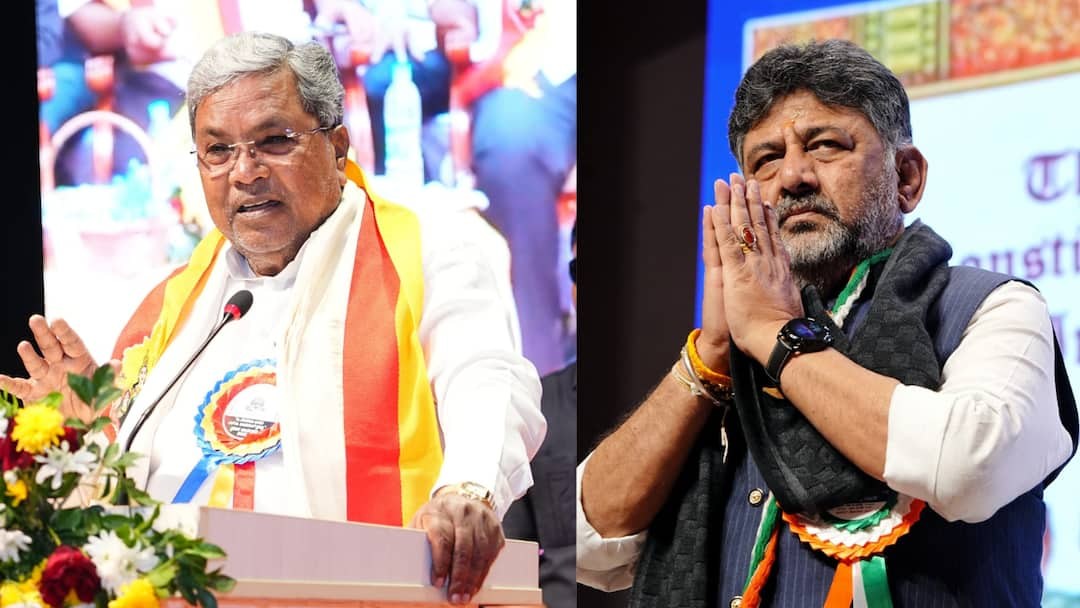Central government employee unions have escalated their push for amendments to the 8th Central Pay Commission’s Terms of Reference (ToR), arguing that the current mandate sidelines nearly 69 lakh pensioners and leaves the implementation date for revised pay scales unspecified.
With the Winter Session of Parliament beginning December 1, the issue is fast gaining traction, drawing intense focus from both workers and retirees who expect clarity on pay revisions due in 2026.
Union groups, including the Confederation of Central Government Employees & Workers, have called the omissions in the ToR “unprecedented” and historically inconsistent, contending that previous commissions explicitly included pensioners and effective dates in their initial mandates, reported The Financial Express.
They worry that the lack of a firm implementation timeline could lead to administrative delays despite the 10-year pay commission cycle clearly pointing to 2026 as the review year, following the 7th Pay Commission reset that took effect January 1, 2016.
Why Pensioners Feel Left Out
Unions say the government’s decision to release ToR documents without reference to pensioners breaks with established practice. Earlier pay commissions included retirees under their scope from the outset, ensuring uniform pay-linked benefits including pension bases, gratuity and dearness relief. According to union circulars dated November 24, 2025, the Confederation formally demanded ToR amendments, stating:
“Modify Terms of Reference of 8th CPC by incorporating suggestions/ views given by Confederation and staff side NC‑JCM on Revision of emoluments of Employees and Pensioners and other issues,” said the Confederation in its circular.
For unions, the absence of an “effective from” implementation date feels like a structural ambiguity that could derail wage certainty. While 2026 remains the expected revision year, union leaders claim media reports have already indicated possible procedural delays extending the timeline by at least two years. Their core worry centres on pension-linked calculations that automatically scale with basic pay.
What MPs Are Asking in Parliament
The campaign for ToR revisions has also entered parliamentary question logs, with MPs placing written questions on both Lok Sabha and Rajya Sabha portals. One such question from MP Anand Bhadauria specifically asked whether the 8th CPC has been formally constituted and whether interim relief measures, including a 50 per cent DA/DR merger with basic pay, could be implemented immediately, reported News18.
The DA merger discussion is anchored in historical precedent. The last merger was approved in 2004, prior to the 6th Pay Commission, resulting in a substantial bump in take-home salaries. Union groups point out that dearness allowance and dearness relief, indexed to Consumer Price Index-driven inflation, have already crossed levels that triggered mergers in past cycles. They argue DA has systematically undertracked real price pressures for over three decades.
The Confederation’s broader demands include scrapping the NPS/UPS system and restoring the Old Pension Scheme (OPS) for all employees, releasing 18 months of pending DA/DR arrears withheld during the pandemic period, and removing distinctions among pensioners based on retirement dates.
Their wishlist also covers enhanced compassionate appointment caps, hiring against thousands of vacancies across departments, structural Pay Matrix reforms to address stagnation at multiple levels, and improving the fitment factor used in pay hike calculations.
Why Unions Want DA Merger?
From a household finance perspective, unions emphasise that a DA/DR merger is not merely a nominal salary adjustment. The merger expands basic pay, which in turn inflates multiple indexed components, including house rent allowance, travel allowance, provident fund contributions, gratuity ceilings, and pension bases.
Economists tracking past pay resets note that allowances indexed to expanded basic pay accelerate pay absorption across income groups.
All Eyes On Winter Parliament Session
As the parliamentary session opens December 1, unions are positioning the 8th CPC amendments as a pressing question of administrative fairness and economic clarity. Public sector employees point to the 10-year interval, all recent commissions were reset in the sixth year of each decade, arguing the 2026 reset is non-negotiable. Their push now is to avoid drift in execution timelines by clarifying terms at the foundation stage.
For pensioners, the focus is sharply personal. Retirees depend on dearness relief that mirrors inflation adjustments; any postponement in merging or indexing revisions directly affects their monthly income. With leaders reiterating that no factual data or quotes should be altered, unions say this push is not political but procedural, a bid to lock down certainty on wages and wage-indexed retirement income.
The steady flow of petitions, circulars, and legislative questions underlines the issue’s scale. With nearly one crore affected individuals watching closely, the government’s responses during this session could either reinforce confidence in the 2026 timeline or prompt renewed negotiation rounds.



